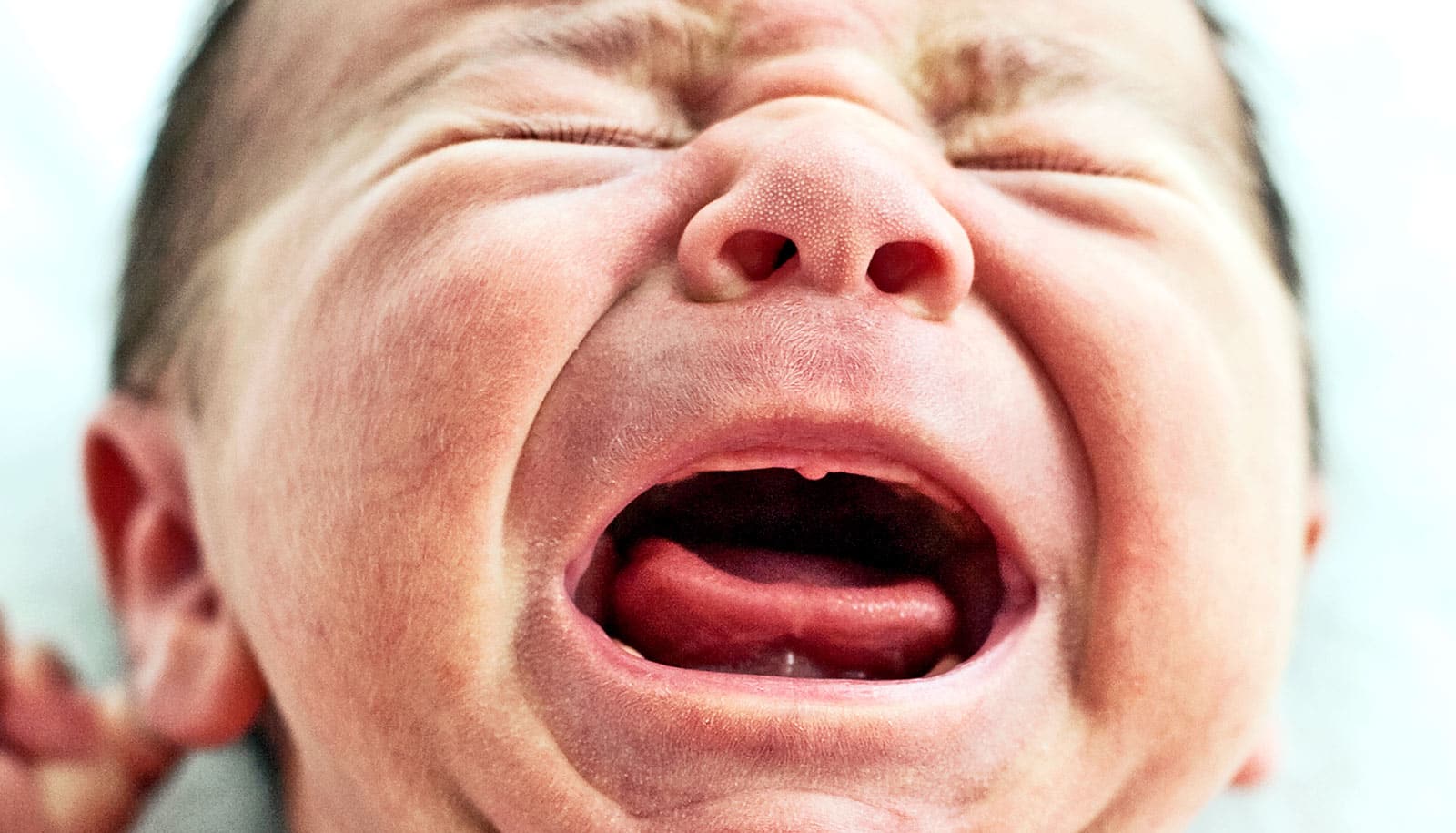Children whose parents cannot afford diapers do not get quality sleep, according to a new study.
The study in the Journal of Developmental Behavioral Pediatrics is the first to examine the relationship between diaper need and sleep.
“Sleep promotes brain development and solidifies learning and memory,” says coauthor Sallie Porter, an associate professor at Rutgers University School of Nursing. “Children with compromised sleep are more at risk for childhood obesity and emotional and behavioral problems.”
The researchers surveyed 129 parents of children age 3 and younger who were involved in early development, home visiting, and disability support programs on the severity of their diaper need and their child’s sleep habits. The habits include the time it takes for them to fall asleep, how often they wake at night, the longest stretch they sleep, and the total number of minutes they sleep.
The researchers asked parents to report difficulties with bedtime routines, sleep problems, and sleep locations, as well as their perceptions of their child’s quality of sleep. The researchers also asked parents if their child had been diagnosed with a developmental disability.
They found that 88% of the participating families were food insecure and 76% were without diapers at least once a year, with more than one-third reporting not having diapers monthly. One-third of the children had a diagnosed developmental disability and 47% of the parents had concerns about their child’s development.
The researchers found that children in families that struggled to provide diapers were more likely to have disrupted, shorter sleep periods, and lower total sleep scores.
Parents who worried about not having enough diapers at least monthly were more likely to report their baby’s sleep as a problem or difficult.
“Approximately one-third of US mothers report difficulty affording diapers, and prevalence during the COVID-19 pandemic is likely much higher,” says Porter.
“Diaper need is associated with an increased incidence of irritated skin and urinary tract infections. It is also related to increased maternal mental health symptoms.”
Porter says the findings suggest that clinicians should ask about diaper need during well-child visits and then connect families to resources that provide diapering supplies. They should also provide guidance on appropriate sleep practices, including consistent calming bedtime routines.
Source: Rutgers University


